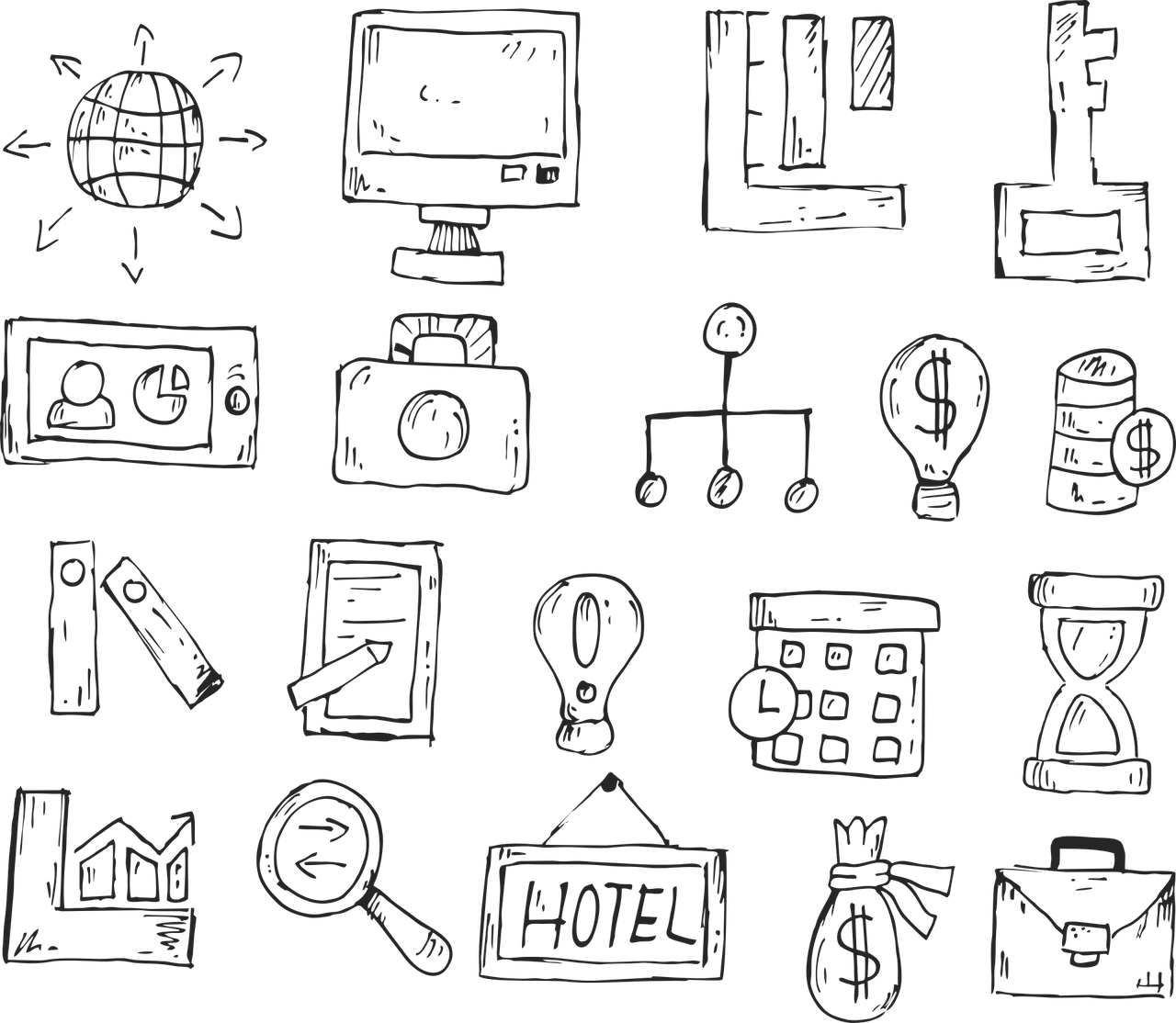Welcome to a world where understanding personal finance and consumer rights is not only accessible, but exciting! By exploring the best resources available, you will gain valuable knowledge that empowers you to make informed decisions about your money and protect your rights as a consumer. From reputable websites and online courses to informative books and podcasts, there are endless opportunities for learning and growing in these important areas. Let’s embark on this enlightening journey together and discover the tools that will help you navigate the complex world of finance and consumerism with confidence. What resources are available for learning more about personal finance and consumer rights?

This image is property of pixabay.com.
Understanding Personal Finance
When it comes to personal finance, it’s essential to have a solid understanding of topics such as budgeting, saving, investing, and managing debt. Learning how to make informed decisions about your money can help you achieve your financial goals and secure your financial future.
Budgeting
Creating a budget is the foundation of good personal finance. It allows you to track your income and expenses, identify areas where you can save money, and plan for upcoming expenses. There are several online resources and apps available to help you create and stick to a budget, such as Mint, YNAB, and EveryDollar.
Saving and Investing
Saving for the future and investing in your financial goals are crucial for building wealth over time. Whether you’re saving for retirement, a major purchase, or an emergency fund, it’s essential to understand the different saving and investment options available to you. Resources like Investopedia, The Balance, and the Wall Street Journal can provide you with valuable information on saving and investing strategies.
Managing Debt
Debt can be a significant obstacle to achieving your financial goals, so it’s essential to have a plan for managing and reducing your debt. Learning about different types of debt, interest rates, and repayment options can help you make informed decisions about your debt. Websites like NerdWallet, Credit Karma, and Bankrate offer tools and resources to help you manage your debt effectively.
Protecting Your Consumer Rights
Consumer rights are designed to protect individuals from unfair or deceptive business practices and ensure that they are treated fairly in the marketplace. Knowing your rights as a consumer can help you avoid scams, make informed purchasing decisions, and advocate for yourself when issues arise.
Consumer Rights Laws
Consumer rights are protected by various laws at the federal and state levels. These laws cover areas such as product safety, advertising practices, debt collection, and consumer privacy. Websites like the Federal Trade Commission (FTC) and Consumer Financial Protection Bureau (CFPB) provide information on your rights as a consumer and how to file complaints if you believe your rights have been violated.
Avoiding Scams
Scams are all too common in today’s digital world, so it’s essential to be vigilant and informed to protect yourself from fraudulent schemes. Resources like the Better Business Bureau (BBB), Scamwatch, and the Consumer Financial Protection Bureau (CFPB) can help you identify common scams, report fraudulent activity, and learn how to protect yourself online and offline.
Resolving Consumer Disputes
If you encounter an issue with a product or service, knowing how to resolve consumer disputes effectively is essential. Understanding your rights under warranty laws, return policies, and dispute resolution processes can help you navigate the process of resolving disputes with businesses. Websites like Consumer Reports, Consumer Action, and the Consumer Financial Protection Bureau (CFPB) offer tips and resources for resolving consumer disputes.

This image is property of pixabay.com.
Educational Resources for Personal Finance and Consumer Rights
Whether you’re looking to expand your knowledge of personal finance or learn more about your consumer rights, there are plenty of educational resources available to help you on your journey to financial literacy and consumer advocacy.
Online Courses
Online courses are a convenient and flexible way to learn about personal finance and consumer rights from the comfort of your home. Websites like Coursera, Udemy, and Khan Academy offer courses on a wide range of topics, from budgeting and investing to consumer protection laws and fraud prevention.
Books and Publications
Books and publications are another valuable resource for expanding your knowledge of personal finance and consumer rights. Authors like Suze Orman, Dave Ramsey, and Elizabeth Warren have written bestselling books on personal finance, investing, and consumer advocacy. Additionally, publications like Consumer Reports, The Wall Street Journal, and Kiplinger’s Personal Finance provide up-to-date information on financial trends and consumer issues.
Nonprofit Organizations
Nonprofit organizations dedicated to financial education and consumer advocacy can provide valuable resources and support for individuals looking to learn more about personal finance and consumer rights. Organizations like the National Consumer Law Center, the National Foundation for Credit Counseling, and the Financial Industry Regulatory Authority (FINRA) offer educational materials, workshops, and counseling services to help you improve your financial literacy and protect your consumer rights.

This image is property of pixabay.com.
Conclusion
Learning about personal finance and consumer rights is essential for managing your money effectively, protecting yourself from scams, and advocating for fair treatment in the marketplace. By exploring the resources highlighted in this article, you can enhance your financial literacy, make informed decisions about your money, and protect your rights as a consumer. Remember, knowledge is power when it comes to your finances and consumer rights, so keep learning and empowering yourself to achieve your financial goals and protect your interests.

This image is property of pixabay.com.

